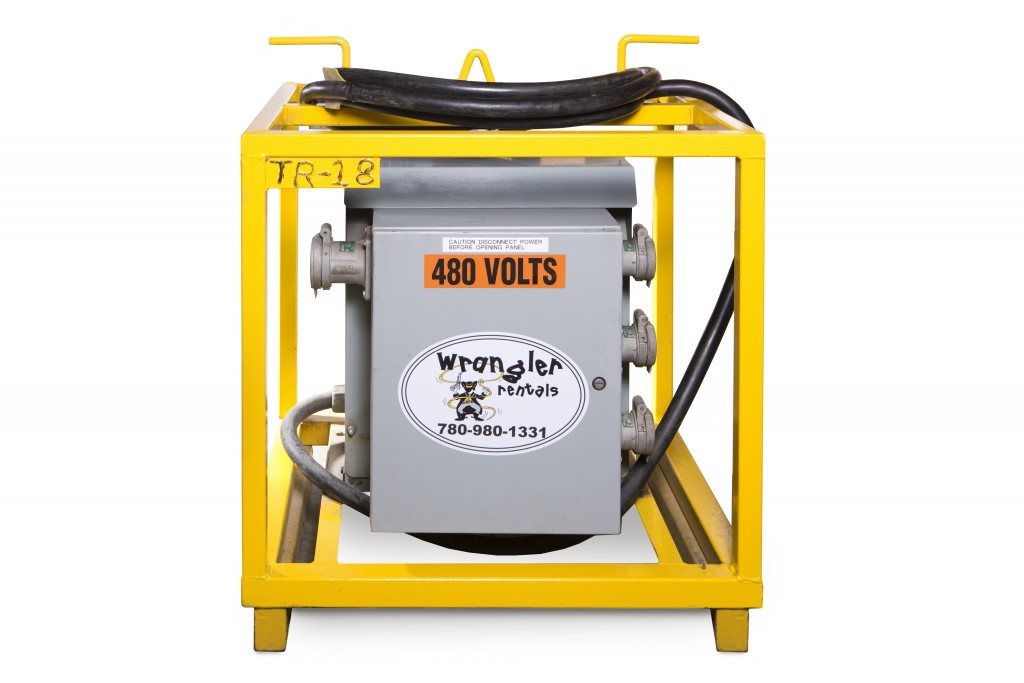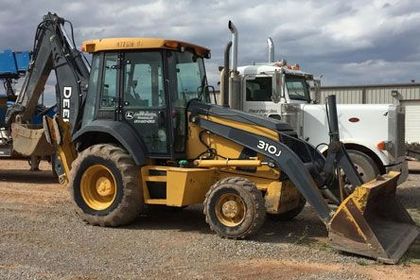A Comprehensive Overview to the Various Kinds Of Oil Field Equipment and Pipeline Equipment Available
The oil and gas market counts heavily on specific tools for reliable extraction and transportation. Different kinds of machinery, from drilling rigs to storage containers, play essential roles in this complicated process. Each tool offers distinct functions that add to general functional success. Recognizing these components is necessary for any person involved in the sector. As the market progresses, so also do the modern technologies that sustain it. What advancements are on the horizon?

Drilling Rigs: The Foundation of Oil Expedition
Drilling rigs function as the vital machinery in the domain name of oil exploration, making it possible for business to gain access to hydrocarbon reserves hidden deep below the Earth's surface. These rigs can be found in numerous kinds, including land rigs, offshore rigs, and mobile units, each created to operate in specific environments. Outfitted with innovative innovation, drilling rigs can pass through geological developments with accuracy, making sure efficient resource removal. The structural honesty and functional capacities of these rigs are important, as they need to hold up against extreme conditions and substantial stress. Furthermore, the choice of a drilling rig influences the total job cost and timeline, making it an important factor to consider for oil companies looking for to optimize their expedition initiatives and make best use of performance in their operations.
Pumps: Crucial for Fluid Motion
In the oil removal procedure, the duty of pumps is substantial, facilitating the movement of fluids throughout different stages of production. Pumps are necessary for moving petroleum, water, and other liquids from underground reservoirs to the surface and after that through pipelines to refineries. They are available in different types, including centrifugal, positive displacement, and submersible pumps, each serving specific purposes based upon the liquid features and functional needs. Centrifugal pumps are generally used for their efficiency in high-flow applications, while favorable variation pumps succeed in managing viscous fluids. The choice of pump impacts overall performance, functional safety and security, and upkeep expenses. Proper selection and upkeep of pumps are vital for optimizing manufacturing and lessening downtime in oil area operations.
Shutoffs: Controlling Circulation and Pressure

Shutoffs play a crucial role in taking care of the flow and stress of fluids within oil areas and pipelines. Various sorts of valves offer distinct applications, each made to meet specific features essential for reliable operation - Superior Rentals fusion machines. Comprehending the characteristics and usages of these shutoffs is important for enhancing system efficiency and safety and security
Sorts of Valves
Necessary parts in oil field operations, valves play a critical role in controlling the circulation and stress of liquids within pipes and equipment. Various types of valves are made use of to meet the diverse needs of oil and gas production. Typical kinds consist of gateway shutoffs, which provide a straight-line flow and very little pressure decrease; world shutoffs, recognized for their strangling capacities; and ball valves, recognized for their quick on/off control. Furthermore, check valves stop heartburn, while butterfly shutoffs supply a lightweight solution for regulating flow. Each valve type is designed with specific materials and configurations to withstand the severe conditions commonly discovered in oil fields, guaranteeing dependability and effectiveness in procedures. Recognizing these kinds is important for reliable system monitoring.
Valve Applications and Features
While different sorts of valves offer unique functions, their main applications revolve around controlling circulation and stress within oil and gas systems. Shutoffs such as site entrance, globe, and round shutoffs control fluid activity, making certain peak performance and safety. Gate shutoffs are frequently utilized for on/off control, providing marginal flow resistance. Globe shutoffs, on the other hand, deal exact flow regulation, making them ideal for strangling applications. Ball shutoffs are favored for their fast operation and tight securing capabilities. On top of that, pressure alleviation shutoffs are crucial for protecting against system overpressure, securing equipment honesty. In general, the appropriate choice and application of valves improve functional effectiveness, guaranteeing the trusted transport of oil and gas via pipes and processing centers.
Compressors: Enhancing Gas Transportation
Compressors play a vital role in the effective transportation of gas, making certain that it moves smoothly via pipelines over lengthy ranges. These devices boost the pressure of natural gas, permitting it to conquer rubbing and altitude changes within the pipeline system. Furthermore, compressors facilitate the balancing of supply and need, accommodating changes in intake and manufacturing rates. Different sorts of compressors are employed in the market, consisting of centrifugal, reciprocating, and rotating screw compressors, each offering distinct benefits based upon the functional requirements. Routine upkeep of these compressors is necessary to maximize effectiveness and decrease downtime, ultimately adding to a trusted gas transportation network. Their vital feature emphasizes the significance of compressors in the general oil and gas framework.
Storage Tanks: Safe and Efficient Fluid Administration
Efficient transportation of gas depends on various support group, one of which is the proper management of tank. These containers play an essential function in securely having fluids, guaranteeing that functional effectiveness is preserved while lessening ecological threats. Created from resilient materials, they are created to hold up against high pressures and corrosive elements. Correctly sized and tactically located, tank facilitate the smooth circulation of all-natural gas and various other fluids, avoiding bottlenecks in supply chains. Normal upkeep and tracking are vital to find leaks or architectural problems, promoting safety and security and conformity with regulatory standards. Inevitably, the efficient administration of storage space containers is vital for the overall honesty and dependability of the oil and gas industry's liquid handling systems.
Pipeline Systems: Framework for Transport
Pipeline systems work as the foundation of the oil and gas market, helping with the reliable transportation of hydrocarbons over vast ranges. These systems contain various elements, including pipelines, valves, pumps, and compressors, all meticulously designed to assure seamless flow. The products used in pipeline construction, typically steel or high-density polyethylene, are selected for longevity and resistance to deterioration. Pipeline networks can cover across land and water, connecting manufacturing websites to refineries and warehouse. Additionally, progressed innovation makes it possible for real-time tracking of circulation rates and pressure degrees, enhancing operational performance. The strategic placement of these pipes decreases environmental effect while taking full advantage of source ease of access, consequently playing an important function in conference power needs worldwide.
Security Equipment: Making Certain Employee and Environmental Management
The operation of pipeline systems, while necessary for power frozen septic line transport, also presents considerable security difficulties for employees and the setting. Safety and security equipment plays a significant role in reducing these dangers. Personal protective devices (PPE) such as safety helmets, gloves, and non-slip footwear safeguards workers from physical risks. Furthermore, gas detection systems keep track of for leaks, guaranteeing that dangerous substances do not position a risk to personnel or the surrounding ecosystem. Emergency closure systems are vital for rapidly halting operations throughout a situation, stopping prospective catastrophes. Spill containment products, consisting of absorbents and barriers, are fundamental for minimizing ecological influence. Generally, purchasing all-encompassing safety tools is important for preserving operational honesty and securing both workers and the environment in the oil and underground water leak repair gas field.

Often Asked Inquiries
How Do I Select the Right Oil Field Equipment for My Task?
Choosing the best oil area tools involves assessing job requirements, budget restrictions, and functional needs. Take into consideration elements such as devices integrity, compatibility with existing systems, and the distributor's credibility to ensure peak performance and security.
What Are the Upkeep Needs for Oil Field Equipment?
Upkeep needs for oil area equipment include regular evaluations, lubrication, and timely repair work. Operators must likewise stick to supplier standards, screen performance metrics, and assurance conformity with security guidelines to improve longevity and efficiency.

Just How Can I Guarantee Compliance With Environmental Laws?
To assure conformity with ecological laws, firms must carry out normal audits, execute finest practices, purchase training, maintain appropriate documentation, and remain upgraded on regulations (Superior Oilfield Rentals). Partnership with ecological agencies can likewise boost adherence to policies
What Is the Typical Life-span of Pipeline Equipment?
The average life expectancy of pipeline tools generally varies from 20 to half a century, depending on variables such as material high quality, ecological problems, and upkeep practices. Routine assessments can greatly influence durability and functional performance.
Just how Do I Safely Move Oil Field Equipment to Remote Locations?
Carrying oil field equipment to remote places requires cautious preparation, consisting of course analysis, safeguarding permits, making use of appropriate cars, and guaranteeing security procedures are complied with. Correct training and interaction among crews are vital for successful transportation.